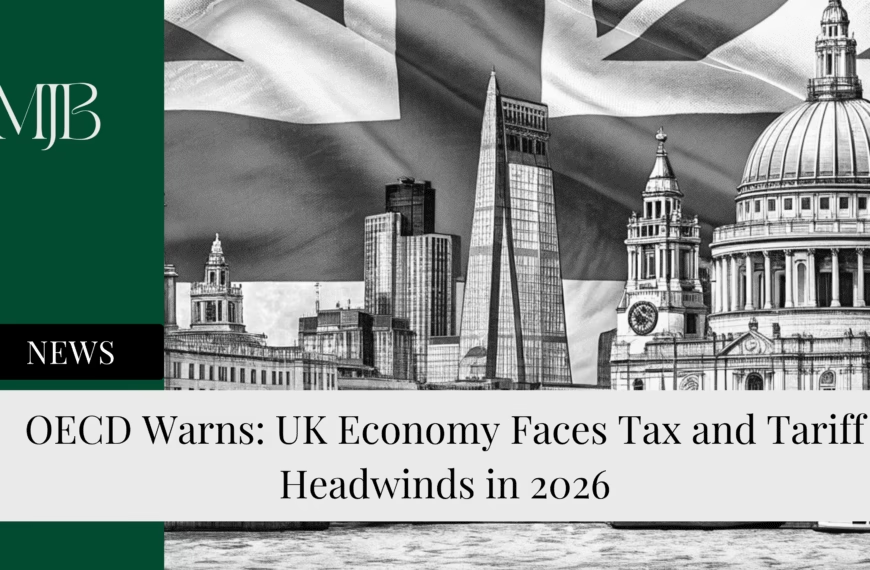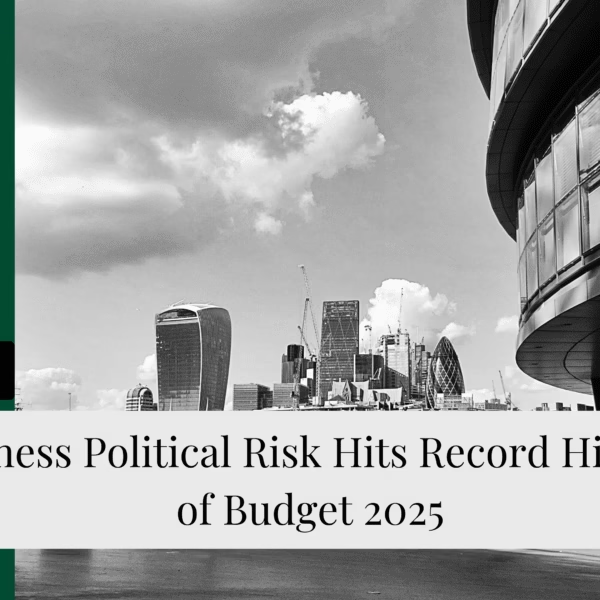Ever wonder what happens when a global racing empire has a “slow” year? They still pocket over £250m, apparently.
Formula 1’s commercial arm saw profits drop 5% in 2024, landing at £251.7m—down from £266.2m the year before. But here’s the kicker: revenue jumped 9% to over £2.1bn. So what’s the real story behind F1’s finances, and should anyone actually be worried?
F1 Commercial Revenue Hits Record Highs Despite Profit Dip
Formula One World Championship Limited—the company that owns F1’s exclusive commercial rights—posted £251.7m profit for 2024. Yeah, it’s £14.5m less than 2023, but context is everything.
Revenue growth came from two main sources: fatter media rights deals and higher race promotion fees. Cities are literally paying more to host F1 races, and broadcasters are shelling out bigger money for coverage rights.
The 2024 season packed in 24 races (a record), including the return of China. Max Verstappen clinched his fourth straight championship, but watching a resurgent McLaren certainly didn’t hurt viewership numbers.

Formula 1 Operating Company Shows Different Story
Whilst the commercial arm saw profits slide, Formula One Management Limited—F1’s main operating company—actually grew pre-tax profits 14% to £19.9m.
This split tells us something important: the core F1 business is healthy, but running 24 races globally costs serious money. Think logistics, marketing, team support—it all adds up fast.

Red Bull Racing and Team Financial Performance
Let’s talk team money. Red Bull Racing Limited made £1.68m profit in 2024—modest, especially considering they just handed Christian Horner an £80m severance package after sacking him.
United Autosports Limited (co-owned by McLaren’s Zak Brown) saw profits slip slightly from £1.97m to £1.92m. Still profitable, but these numbers show racing teams operate on razor-thin margins.
The real money? It’s in owning the commercial rights, not running the motors.
What This Means for F1’s Financial Future
F1’s betting big on expansion. The 2025 calendar keeps 24 races, and Madrid joins the party in 2026. More races typically mean more revenue—but also higher costs.
The media rights growth is the real winner here. As F1 expands into new markets and streaming deals evolve, those revenue streams should keep climbing.
Next up: Singapore Grand Prix kicks off next month with McLaren’s Oscar Piastri and Lando Norris battling for the title. Drama sells, and F1 knows it.

Key Takeaways
F1’s 2024 “profit dip” isn’t actually concerning—it’s growing pains from a record-breaking season. Revenue jumped 9%, the operating business grew 14%, and the sport’s global expansion continues.
FAQ
Q1: Why did Formula 1 profits decrease in 2024?
A: Profits dropped 5% likely due to higher operational costs from running 24 races. Revenue still jumped 9% to over £2.1bn, showing strong underlying growth.
Q2: How profitable is Formula 1 overall?
A: Very. The commercial arm made £251.7m profit in 2024 on £2.1bn+ revenue. That’s roughly a 12% profit margin, which beats most traditional sports.
Q3; Which F1 teams are most profitable?
A: Based on 2024 numbers, United Autosports made £1.92m while Red Bull Racing posted £1.68m. Team profits are tiny compared to F1’s commercial operations.
Q4: What drives Formula 1 revenue growth?
A: Media rights and race promotion fees are the big drivers. More races, expanding global markets, and bigger broadcast deals all fuel F1’s revenue machine.
Q5: Will F1 profits bounce back in 2025?
A: Likely yes. With 24 races continuing and Madrid joining in 2026, plus growing media deals, F1’s revenue trajectory looks solid despite rising operational costs.
DISCLAIMER
Effective Date: 15th July 2025
The information provided on this website is for informational and educational purposes only and reflects the personal opinions of the author(s). It is not intended as financial, investment, tax, or legal advice.
We are not certified financial advisers. None of the content on this website constitutes a recommendation to buy, sell, or hold any financial product, asset, or service. You should not rely on any information provided here to make financial decisions.
We strongly recommend that you:
- Conduct your own research and due diligence
- Consult with a qualified financial adviser or professional before making any investment or financial decisions
While we strive to ensure that all information is accurate and up to date, we make no guarantees about the completeness, reliability, or suitability of any content on this site.
By using this website, you acknowledge and agree that we are not responsible for any financial loss, damage, or decisions made based on the content presented.






